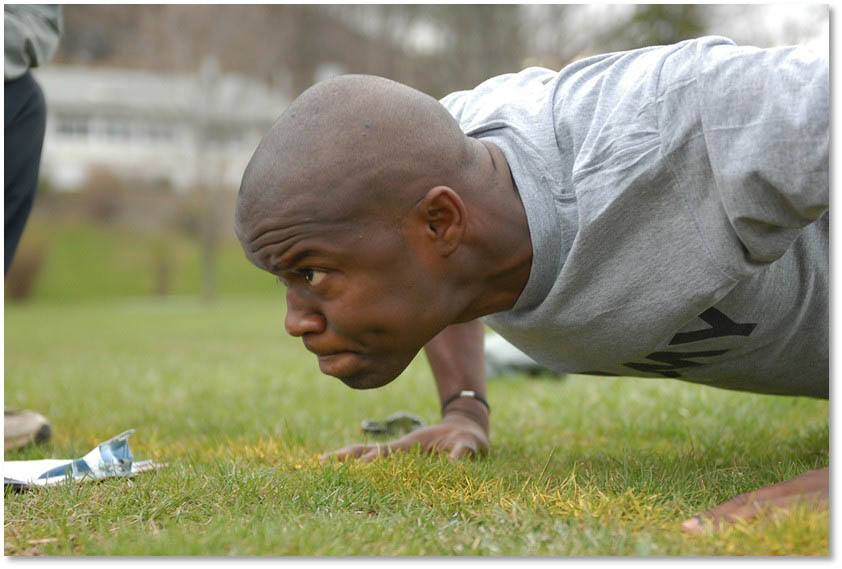Why Walk?
For years during our Race Walking Clinic of Excellence Tim Seaman and myself skipped a significant topic, why should you learn to race walk. We didn't do it because it wasn't important, but because those attending a clinic didn't need to be motivated to put their foot forward. However, recently we were asked to jump start a national walking / race walking program in Bermuda. The kickoff was a general lecture that included motivating people to get off the couch and start walking for exercise with the hope many would take up race walking. The following is a version of that lecture reformatted for the Internet.
Why Exercise?

Before we can begin a discussion of why you should walk for exercise or for competition, one needs to start with a discussion of why you should exercise. There are plenty of myths out there, so we start our discussion with a series of facts backed up by science.
According to the Mayo Clinic exercise:
- controls weight
- combats health conditions and diseses
- improves mood
- puts the spark back in your sex life
- promotes better sleep
- boosts energy
- can be fun!
According to the American Heart Association exercise will help you stay healthy. They state that
- physical inactivity is recognized as a risk factor for coronary artery disease. Regular aerobic physical activity increases exercise capacity and plays a role in both primary and secondary prevention of cardiovascular disease.
- exercise can help control blood lipid abnormalities, diabetes, and obesity. In addition, aerobic exercise adds an independent blood pressure–lowering effect in certain hypertensive groups
- there is a direct relation between physical inactivity and cardiovascular mortality, and physical inactivity is an independent risk factor for the development of coronary artery disease.
-
researchers from the Copenhagen City Heart Study found that jogging one to two-and-a-half hours a week in two or three different sessions was associated with an additional 6.2 years for men and 5.6 years for women.
*** Please note you should always consult with your doctor before starting an exercise program!








